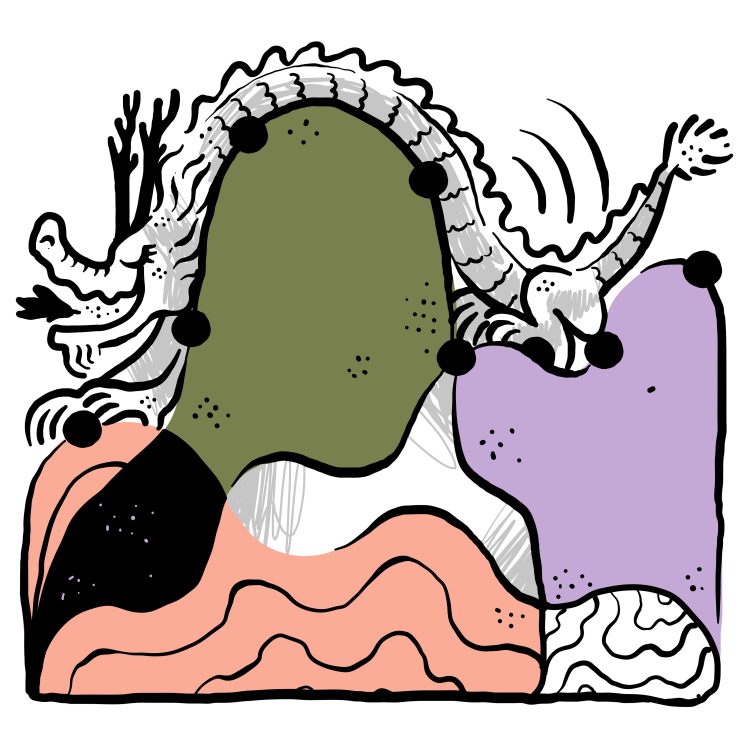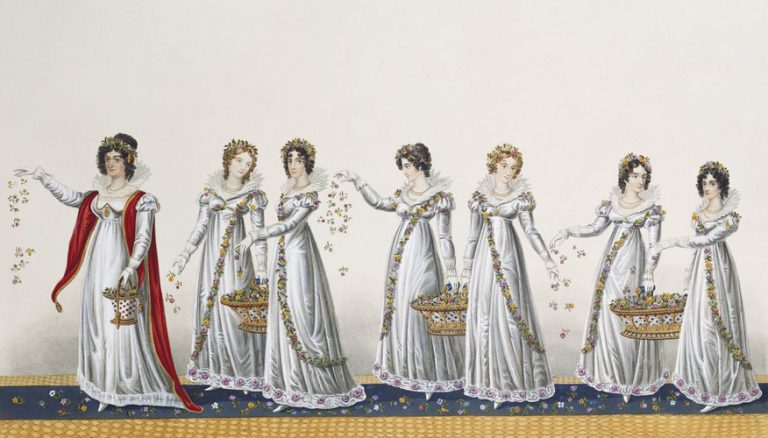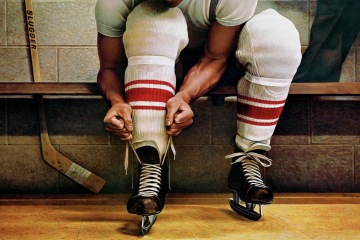Barber Surgeons, Bodgers, And Funeral Clowns
Q.
What are some striking jobs from days gone by?
.
A.
Barber Surgeon
Yes. They did both. A little snip here, a little snip there. Barber surgeons were particularly active with soldiers in the Middle Ages. Some believe that the red and white swirl of the barber’s pole symbolizes blood and bandages. Needless to say, barber surgery survival rates were not good.
What were the physicians doing? Tending to the higher classes and generally doing less ‘bloody’, ‘messy’ work. In 16thCentury England, barbers were finally banned from performing surgery. They were still encouraged, however, to extract teeth. Finally, in the 18th Century, as surgery was accorded more professional respect – first under Louis XV in France and later in England – barbers were forbidden from performing surgery.
Book Gilder
The person tasked with adorning books with gold leaf.
Brailler
The maker of belts and girdles.
Chair Bodger
It was bodgers who made chair legs, spindles, and stretchers.
Clock Winder
As self-explanatory as jobs get. Pre-electricity. Day after day, round and round.
Coach Trimmer
This is the person responsible for bedazzling fancy carriages with lace, silk, velvet, and other fancy trimmings.
Cork Sock Maker
A person who measured and cut cork for the soles of 19th Century shoes.
Faker
Back in the days of only black and white photos, the faker brought the colour by scribbling in images with coloured ink.
Funeral Clown
What? Now this is doing nothing for those who already fear clowns. But, in Ancient Rome, funeral clowns – or ‘archimmes’ – were particularly prevalent amongst the powerful honouring their dead. Funeral clowns would don the newly departeds’ clothes and sometimes even masks modelled after their faces. They would then walk behind the corpse, impersonating this person’s living gestures and behaviours.
In the 21st Century, believe it or not, funeral clowns are having a resurgence.
.
.
Herb Strewer
It is what it is. Such was the Middle Ages’ approach to bodily stink. Seal all those royals and servants in a palace, and you can imagine the stench. What to do? Bring on the Herb Strewers who would scurry through the royal quarters dropping heady herbs – basil, roses, lavender, rosemary, sweet flag – to mask the fetor.
Hush Shopkeeper
Hint: they made their mark during prohibition selling, sssh, alcohol.
Knocker-upper
Need to wake up early? Before harsh clock bells and dulcet chimes, these unfortunate workers had to somehow get themselves up in time to tap on others’ bedroom windows with soft pellets or bamboo sticks.
Master Of The Revels
Now, here’s a job title for the ages. It was The Master of the Revels who made sure that English court entertainment, ‘the revels’, were up to snuff. Henrys VII and VII were particularly dependent on their MOTR to supervise plays, music shows, spectacles, and masques – from audition and wardrobe to final performance. Best be sure that all attending, locals and visiting dignitaries, were impressed.
Workplace Lector
Those hired to read local news or books to factory workers – most famously in cigar factories – as they toiled.
Zypthepsarist
A person who specialized in concocting brewed drinks.
.
www.justcurious.ca
.
Header: Get Illustrations
Artwork #2: Miss Fellowes the Herb Strewer and her ladies at the Coronation of King George IV. Francis Philip Stephanoff. 1771.









